Are you seeking compensation claims after a major accident? Is this your first time seeking a claim? Do you need some information on how to navigate claims? Then worry not, as we have provided you with just that to make your claim process less confusing.
We know the road to claim is long and hard as it’s filled with documentation and proofs that can test your patience. You might have to take the legal route in some cases to get your claim, which is a time-consuming process.
You might feel confused and lost, especially if you are also recovering from an accident. So, we have provided you with some understanding of compensation claims to simplify the process for you.
This article breaks down the road to compensation claims so that you get proper compensation.
Understanding Compensation Claims
Let’s start by understanding what compensation claims are first before we move on to the claim processes.
What Is A Compensation Claim?
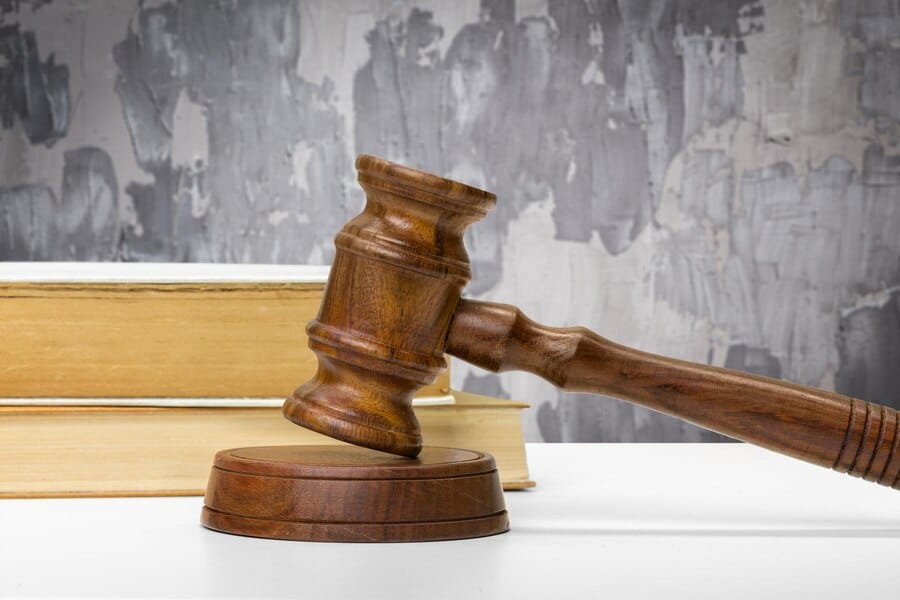
So, what are compensation claims? You see, a compensation claim is when a legal case is brought against a person responsible for causing any damage or injury to another person.
So, if you have been in an accident that’s someone else’s fault and you got injured in the accident, you can file a compensation claim.
Not only that, if your car gets damaged, you can ask for additional compensation claims for the person responsible for the accident. If your legal case is successful, then you will be awarded the compensation claims.
The claim amount is based on how much money you incurred due to the accident. So it will include your car repair cost, treatment cost, recovery cost, and also loss of pay during your recovery.
Types Of Compensation
Compensation claims are generally of two types: general damages and special damages. Your general damages are compensation given based on your suffering, your instances of pain, and losses you incurred because of your accident.
The special damages will include all your financial losses like your medical expenses, your earnings loss, repair cost, and damage cost of your vehicle. You need to understand these differences in your compensation claims process to ask for fair compensation from the person responsible for using the law.
The Claim Process
Now that you know what compensation claims are and their distinctions, let’s focus on how you can get fair compensation.
Choosing The Right Legal Representation
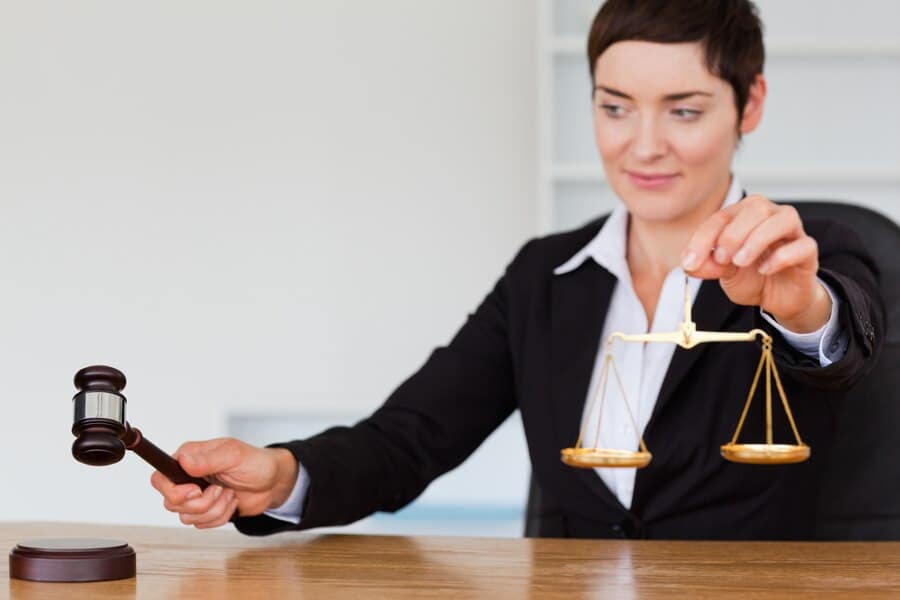
Selecting the right legal team can make or break your claim. Investigate firms with a strong track record in personal injury law, like https://www.lawadvice.com.au/, and inquire about their success rate with cases similar to yours.
Gathering Evidence
You have to have evidence to ask for your fair compensation. Be it a video from your car’s dash cam or someone else’s. If someone has seen the accident happen, ask them to testify in court about the accident.
If you are not injured but suffered heavy damage to your vehicle, first click pictures of the damage to your vehicle. You should have medical records of your treatment and expert opinion about the accident. Present all these to the court to get the fair compensation claims you deserve.
The more concrete proof you give, the more your chances of winning the compensation case increase. All this evidence also makes your case stronger in the eyes of the law.
Negotiating With Insurance Companies
Did you know insurance companies are there to offer you the lowest compensation claims and not the other way around? So, hire a professional lawyer to fight and negotiate your compensation claim amount.
Insurance will try to give you trouble if you don’t hire a skilled lawyer to negotiate with them to get your fair compensation. Only a skilled lawyer will see to it that you don’t settle for less than you deserve.
Milestones In A Typical Claim

These are the general protocols you follow within any compensation claims process.
Pre-Action Protocols
Before initiating a claim with the courts, you typically have to follow ‘pre-action protocols,’ which include writing a formal letter of claim to the person or organisation you believe is responsible for your injury.
Issuing Proceedings
If negotiations fail or liability is not admitted, your lawyer may recommend that court proceedings be issued. This is the first formal step towards litigation. It’s crucial to have legal guidance to ensure all procedures are followed correctly.
Settling Out Of Court
Did you know the vast majority of the cases are settled out of court? This is often a preferred outcome as it saves time and avoids the uncertainties of a trial. Your legal team will guide you through any settlement offers and help you decide the best course of action.
Court Trial
Your case will proceed to trial if a settlement cannot be reached. The trial process can be complex, but with competent legal representation, you can be confident in presenting your case effectively.
After The Claim
So this is what happens after you get the approved compensation claims amount.
Accepting A Settlement
If you receive a settlement offer, it is important to consider whether it adequately compensates you for your injuries carefully. Once accepted, you generally cannot claim further compensation, so it must be a well-informed decision.
Receiving Your Compensation
Once your settlement is agreed upon, you should receive your compensation. You need to manage these funds prudently, as they’re intended to cover various future costs related to your injury, not just immediate expenses.
Other Considerations
In addition to compensation for injuries, it’s important to consider other factors such as rehabilitation, returning to work, or adjusting to life with disabilities or long-term injuries. Your legal team should assist with resources to help you move forward.
In Summary
Navigating your compensation claims can indeed seem frightening, especially when you have gone through so much pain and suffering because of someone else’s fault. But still, you should not give up on your compensation claims cases.
With your devotion and dedication, alongside your dedicated legal representation, you can successfully get your compensation. Even if it takes time, there is always a chance of getting the compensation claims when it’s someone else’s fault.
So, you must have a clear understanding of the claim processes to get fair compensation. Every case is different, so take guidance from legal teams to choose the correct course of action for your compensation claims cases.
Additionals:













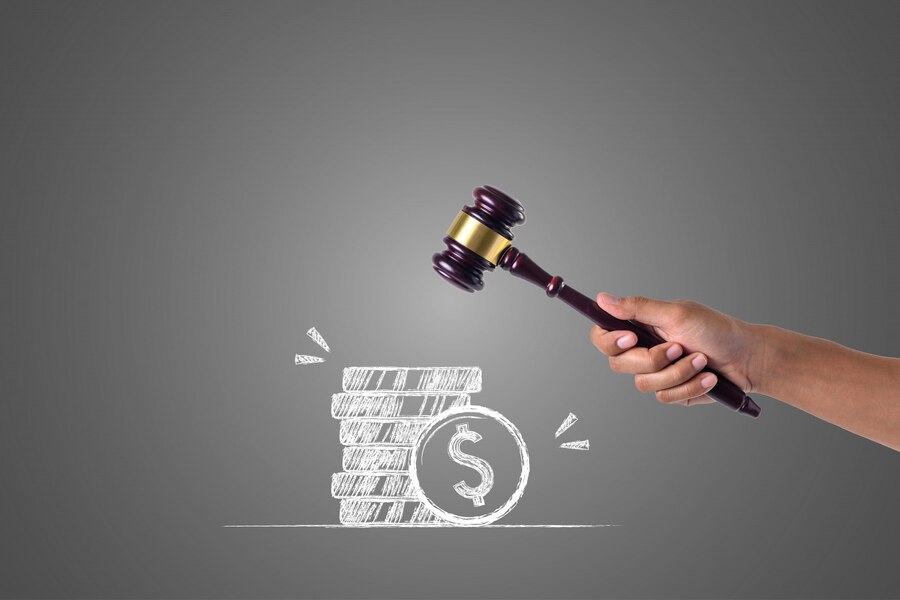





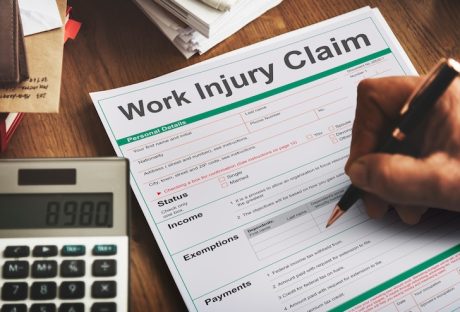
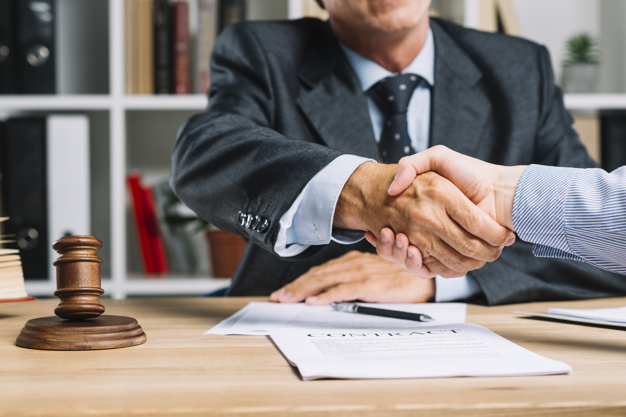

All Comments
Wallace Gutkowski
Normally I do not read article on blogs however I would like to say that this writeup very forced me to try and do so Your writing style has been amazed me Thanks quite great post